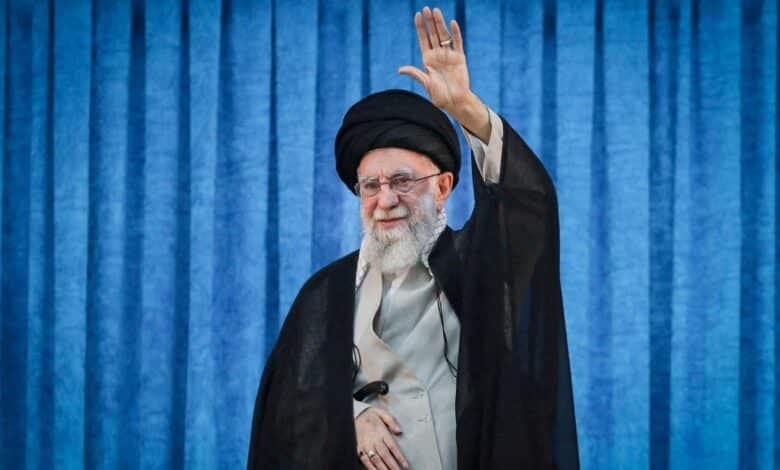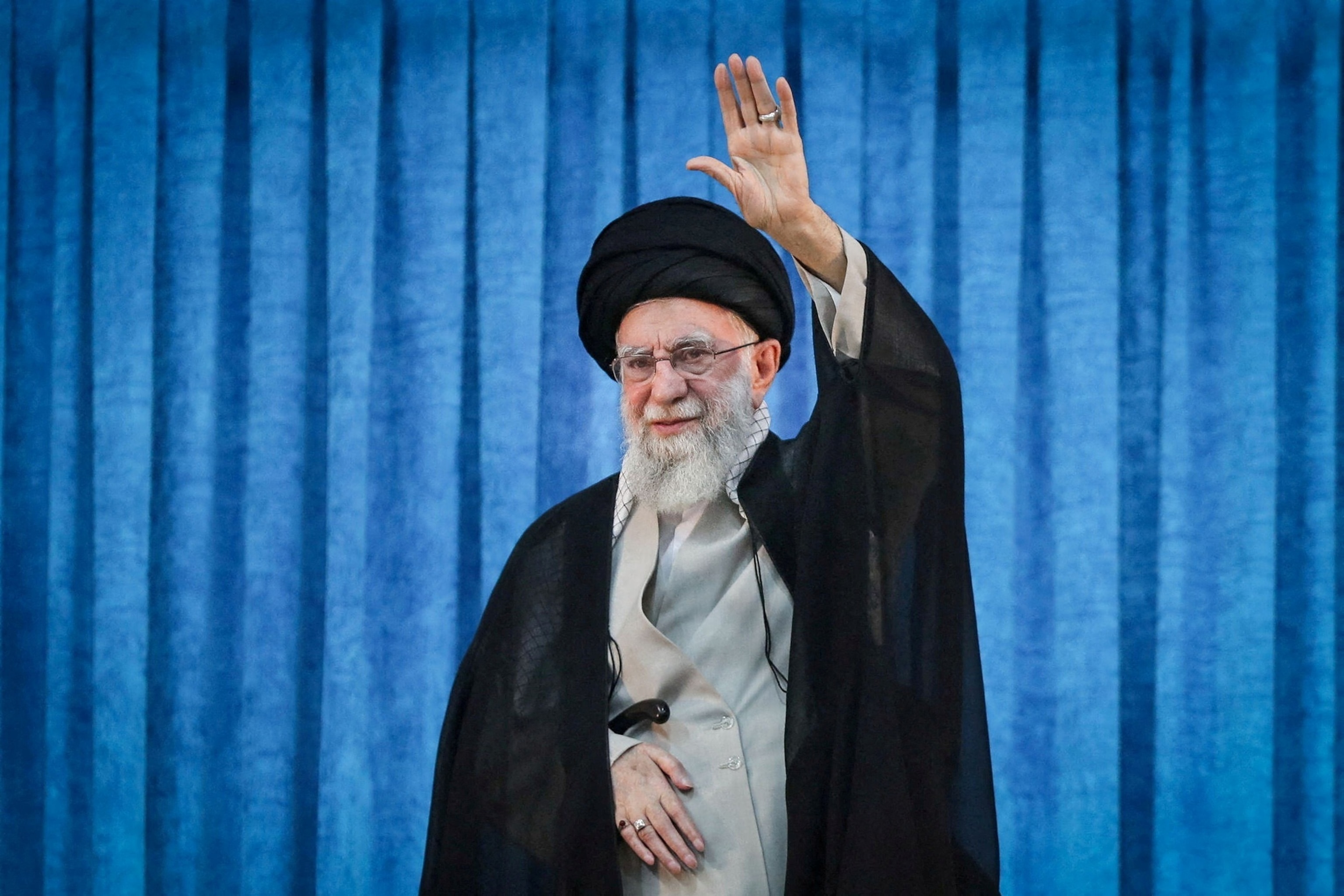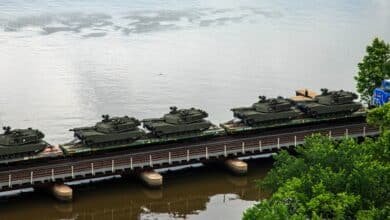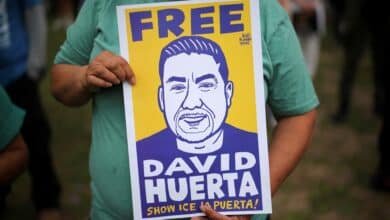Israel and Iran are freeing an existential battle. What does it mean for the USA ?: Analysis

Tel Aviv: Israel and Iran are now locked in an existential battle that neither can afford to lose. There is no quick or easy exit and the result could fundamentally alter the composition of the region.
In Iran, the Ayatolá Ali Khamenei regime has seriously weakened. The regime probably feels that it has no choice but to retaliate against Israeli attacks: its survival depends on maintaining domestic force. Finding a quick exit from the conflict is essential. The regime lives or falls depending on what happens later.

The supreme leader of Iran, Ayatolá Ali Khamenei, greets during the 36th anniversary of the death of the leader of the Islamic Revolution of Iran of 1979, Ayatolá Ruhollah Khomeini, in the Sanctuary of Khomeini in southern Tehran, Iran, on June 4, 2025.
Iranian Supreme Leader Office through Reuters
For Israel, the road to Tehran has been paved in the ruins of Gaza and Lebanon. But political, military and intelligence elites understand that the Iranian regime is not the representative he uses in the region; It is not Hamas; It is not hezbollah. It is a much more powerful enemy that will go back and, as we have seen, some of those devastating missiles will pass.
That is why the talk in Israel has resorted to how to take the United States and its military on board. Not only neutralize the perceived threat of Iran and its nuclear and ballistic abilities. But to achieve what Israel wants, what he thinks he needs, to have a government in Tehran that Israel feels that he does not threaten his survival.
On October 7, 2023 it was an attention call. He exposed the security and intelligence weaknesses that had been established for years of prosperity and relative peace. But the real shock came from the recognition that the sacred promise of “never again” forged in the holocaust’s coals had broken.

Israeli Prime Minister Benjamin Netanyahu speaks with ABC News, June 16, 2025.
ABC News
To recast this sacred promise, to restore regional military hegemony and, above all, deterrence, in fact to guarantee the survival of the nation, Israel feels that it must follow what can be a long war until its enemies have been neutral.
The vast majority of Israelis understand this.
At 6 in the morning on Monday, in the ruins of its neighborhood in the center of Tel Aviv, Alana Reuben Libre left the explosion shaking but intact. His close call does not decrease his determination.

An explosion is seen during a missile attack in Tel Aviv, Israel, June 15, 2025.
Leo Correa/AP
“Israel is saving the world of ayatollah,” he said. “We are going to get victorious about Ayatollah. And the whole world should thank us and really help us.”
Brig. General Effie Defrin, spokesman for the Israel Defense Forces, insists that the mission is not a regime change, but what Israel sees how the threat of nuclear war.
“We are not planning to change the regime in Iran,” he said. “Our military objectives, our military objectives are to eliminate this threat, eliminate the threat of the nuclear bomb over Israel and ballistic missiles and, of course, the proliferation of terror throughout the region.
But if Ayatolá Khamenei and his regime weaken seriously, that could destabilize the government of the theocrats.

President Donald Trump speaks during a meeting with Canadian Prime Minister Mark Carney (not in the photo) at the G7 summit in Kananaskis, Alberta, Canada, June 16, 2025.
Brendan Smialowski/AFP through Getty Images
“I don’t think there are tears in Iran for their own people, he said.” It depends on the Iranian people to change the regime, not for us. We are moving, eliminating this threat. “
President Donald Trump has made statements and repeated positions often contradictory about the situation. On Tuesday, Trump asked that Iran continue the negotiations and then requested “unconditional surrender.”
But what Trump decides to do could really dictate how this conflict ends.




